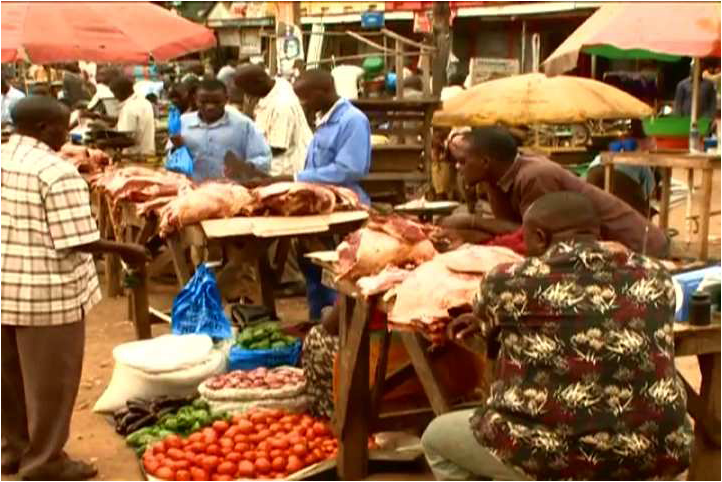Limitations/Abnormal/Regressive Or Exceptional Demand Curve.
Though as a rule when the prices of normal goods rise, the demand for them decreases but there may be a few cases where the law may not operate. Demand curves which do not obey the law of demand i.e. they slope upwards and have a positive slope.
Prestige goods/goods of ostentation: There are certain commodities like diamond, sports cars, mobile phones etc., which are' purchased as a mark of distinction in society. If the price of these goods rises, the demand for them may increase instead of falling. Such goods have snob effect.
.png)
Price expectations: If people expect a further rise in the price of a
particular commodity, they may buy more in spite of rise in price.
The violation of the law in this case is only temporary.
particular commodity, they may buy more in spite of rise in price.
The violation of the law in this case is only temporary.
Ignorance of the consumer: If the consumer is ignorant about the
rise in price of goods, he may buy more at a higher price.
rise in price of goods, he may buy more at a higher price.
Giffen goods: If the prices of basic goods, (posho, beans, cassava,
etc) on which the poor spend a large part of their incomes declines,
the poor increase the demand for superior goods, hence when the
price of Giffen good falls, its demand also falls.
etc) on which the poor spend a large part of their incomes declines,
the poor increase the demand for superior goods, hence when the
price of Giffen good falls, its demand also falls.

There is a positive price effect in case of Giffen goods. The tendency of the poor to buy more of a commodity as its price increase is known as giffen paradox.
Effect of depression:-During the period of depression, prices of
commodities are very low and the demand for them is also very low.
Prices keep on falling and the corresponding demand also keeps
dropping. This situation is caused by lack of purchasing power with
the consumers leading to an abnormal demand curve with a positive
slope.
commodities are very low and the demand for them is also very low.
Prices keep on falling and the corresponding demand also keeps
dropping. This situation is caused by lack of purchasing power with
the consumers leading to an abnormal demand curve with a positive
slope.

In a depression period, such goods like meat even lack market
Ignorance effect: Consumers may buy more under the influence of
ignorance where commodities may be mistaken for some others due
to their price, packing or labels, etc.
ignorance where commodities may be mistaken for some others due
to their price, packing or labels, etc.